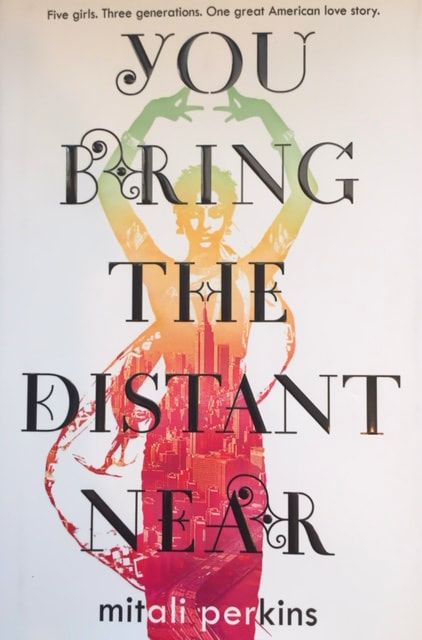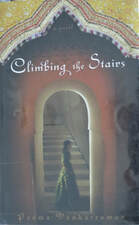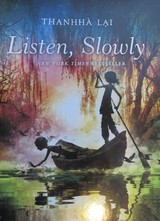You Bring the Distant Near
|
|
Grades 7 & up
Historical and Realistic Fiction
|
Book Summary:
Three generations of women are featured in this book: Ranee and her husband move from India (and Ghana, and London) to the U.S. with their daughters, Sonia and Tara. Ranee is a fierce advocate and a formidable adversary. Sonia is a star student and embraces American opportunities in the 1970s, including feminism. She clashes with her mother and adores her father. Tara is beautiful, with a talent for acting and singing, and she is torn about her Indian-American identity. Later, Sonia's daughter, Chantal, is an amazing athlete at an elite private school. Tara's daughter, Anna, is reluctant to move from Mumbai to New York, preferring Indian traditions to those in America. The book spans several decades, from 1965 to the present day. Book Review: I find this author's work very compelling; she writes female relationships with texture and truth. Mother/daughter and sister relationships aren't black and white, but full of perspective and baggage and defining yourself as being different from the other . . . until you find comfort in being who you are. The immigration story is fascinating and well-drawn, largely because it isn't hammered heavily in isolation, but it is an authentic story of whole people with various concerns, which include moving from one place to another and trying to navigate the changes. The generational differences are interesting, as are the ways in which some individuals choose to keep or reject cultural traditions. The story's jumps in perspective and jumps in time make it somewhat complex, but the characters are so relatable that the story moves forward quickly. There were scenes I was sorry to miss when I began a new chapter and a new decade and found out what had happened to a character I left on the previous page. The book contains references to marriage, racism, and loss. There isn't content to flag for mature upper elementary readers, but the book is better suited for upper middle and high school readers who are more likely to be able to access themes of guilt, regret, generational and cultural identity, and complex family relationships. "I. Am. Black. I. Am. Bengali. I. Am. Both." p. 202 |
If you like this book, you may also like . . .











